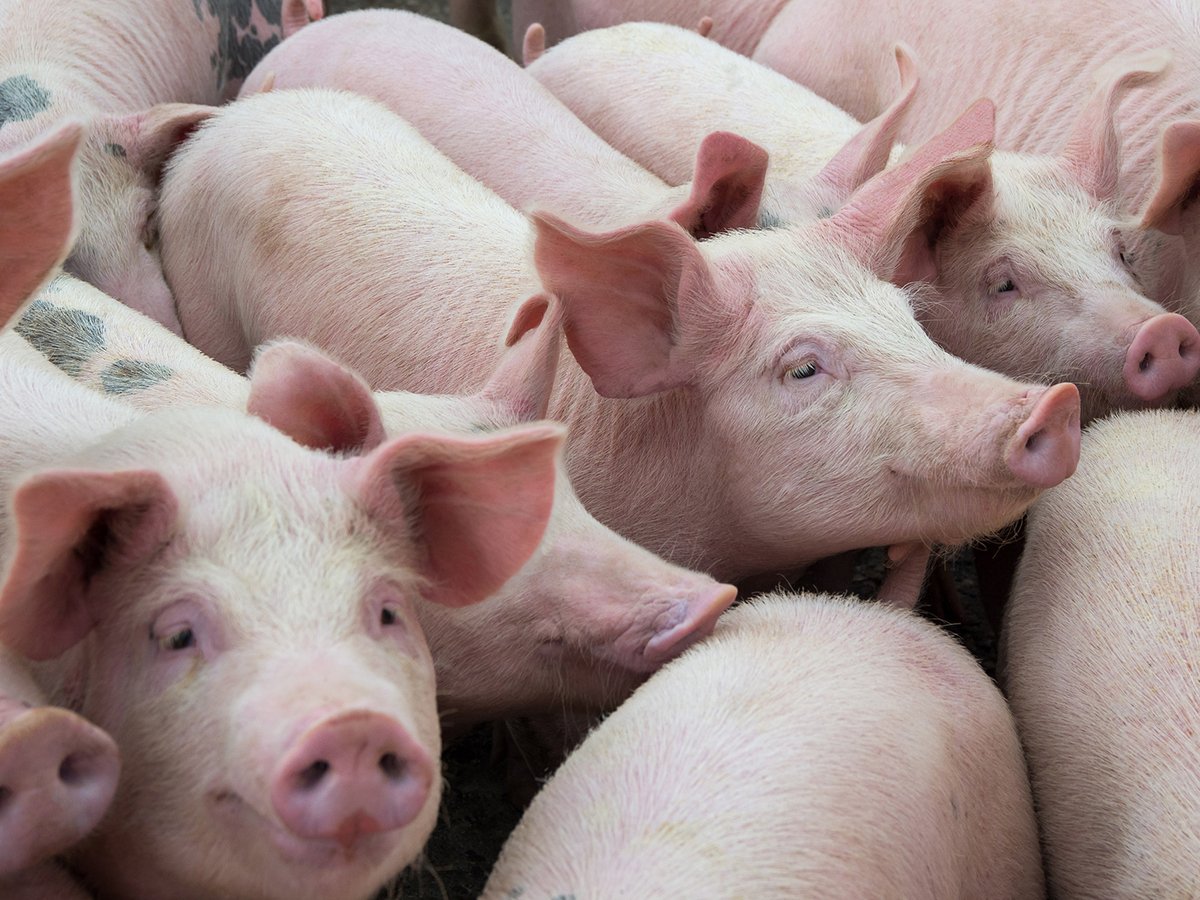OSOYOOS, B.C. – A horn tax is one issue ranchers cannot seem to wrestle to the ground.
The British Columbia Cattlemen’s Association debated the fate of the horn levy at length during the annual meeting in Osoyoos May 28, with a narrow majority finally agreeing to keep the tax on horned cattle. The increase to $10 from $2 as voted upon in 2003 will also stand.
Bill Freding said the cattle feeders want the levy to continue for several reasons. Feedlots do not want to remove horns from older cattle for animal welfare reasons and the lack of horns lessens bruising of other animals.
Read Also

Quebec pork company calls for transparency around gene-edited pigs
Quebec-based pork company duBreton is calling for transparency around meats from gene-edited pigs on concerns that a lack of mandatory labelling will confuse consumers, and dilute certification claims. The organic sector is also calling for labelling rules.
“We’ve got to remove these horns as efficiently as possible and the time to do that is when the calves are born or very small,” he said.
The levy was implemented in 1939 at $2 per head to encourage producers to remove horns at a young age when it is most humane to
do so.
Nearly total agreement was granted to a resolution calling for stiffer penalties for off-road vehicles doing damage to rangeland, riparian areas and wildlife habitat. They do not have to be licensed in B.C. although upcoming legislation is expected to tighten off-road vehicle use.
Ray Van Steinberg of Cranbrook said riparian areas have been seriously damaged in his area to the point that cattle and wildlife cannot use them.
“We certainly have got to get a strong message sent to get this thing under control,” he said.
Faye Street, who ranches in the same area, said a recent rally held on one of the ranges in her region damaged 2,000 acres of land, several vehicles were burned and garbage was left in the area. She took pictures of the damage that will be submitted to the province to support the BCCA request for controls.
“We have to have legislation to stop this kind of damage,” she said.
Another resolution asked the Canadian Cattlemen’s Association to lobby the federal government to lower the amount of duty-free beef allowed into Canada. The current tariff rate quota is 76,000 tonnes.
A resolution was passed to stop allowing Hawaiian cattle to be shipped through Vancouver on their way to the United States for finishing. Agriculture minister John van Dongen asked his federal counterpart Andy Mitchell to end the practice earlier this spring, but the request was denied.
Freding opposed the resolution, saying the cattle went to two vacant feedlots in the Fraser Valley for a maximum of 15 days. The cattle come from two ranches in Hawaii.
“I don’t see why we should punish two Hawaiian ranchers,” he said.
The association also asked that all brand inspection service inspectors take the humane transportation of animals course offered by Canadian Food Inspection Agency so they can enforce federal health of animals regulations. So far, about 10 inspectors have taken the course.

















